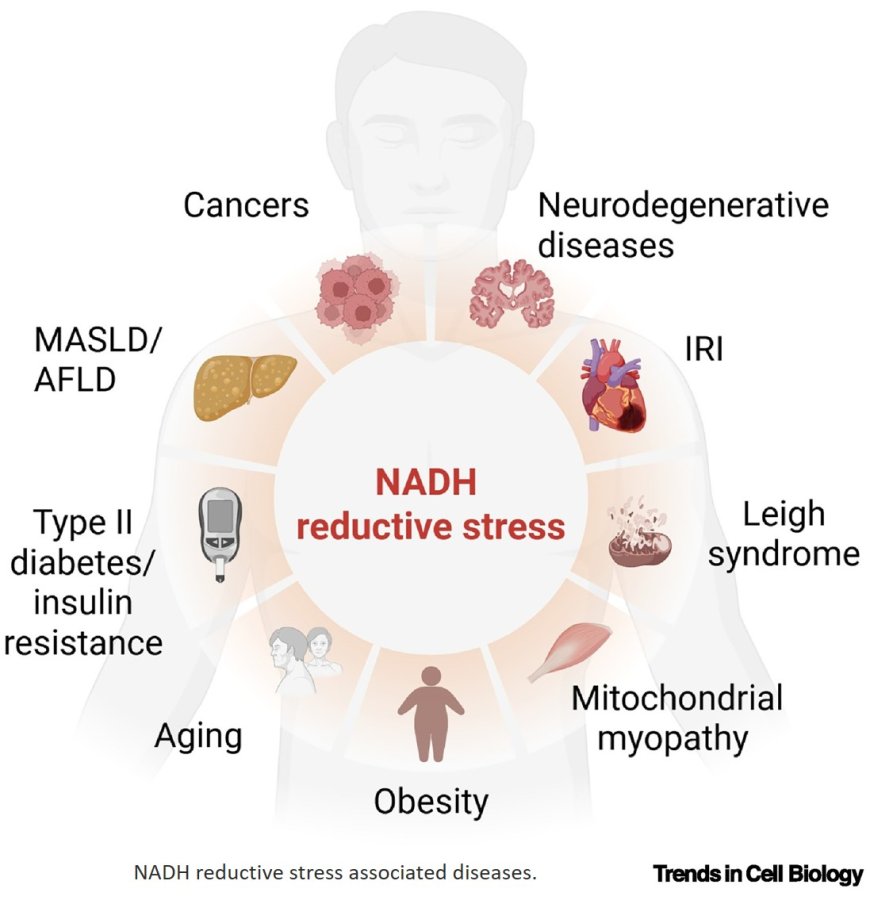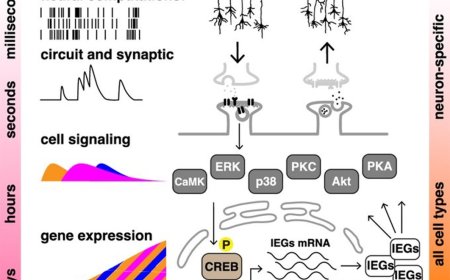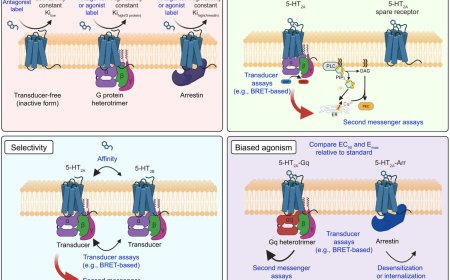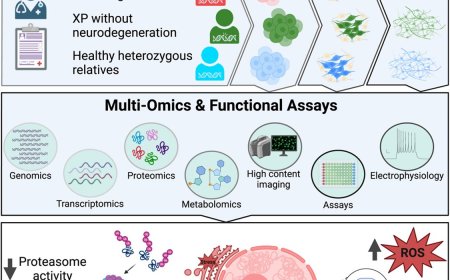NADH reductive stress drives metabolic reprogramming

NADH reductive stress is usually caused by mitochondrial dysfunction, hypoxia, nutrient overload, malfunction of certain metabolic enzymes, or alcohol metabolism.
NADH reductive stress drives metabolic reprogramming, exerting significant impacts over glucose, lipid, amino acid, and nucleotide metabolic pathways.
Through its crosstalk with oxidative and energy stress, especially by enhancing reactive oxygen species production and reducing ATP levels, NADH reductive stress serves as a central mediator in various disorders, including metabolic diseases, cancer, and neurodegenerative diseases.
Targeting NADH reductive stress can be therapeutic for related diseases.
https://www.cell.com/trends/cell-biology/fulltext/S0962-8924(25)00157-6













